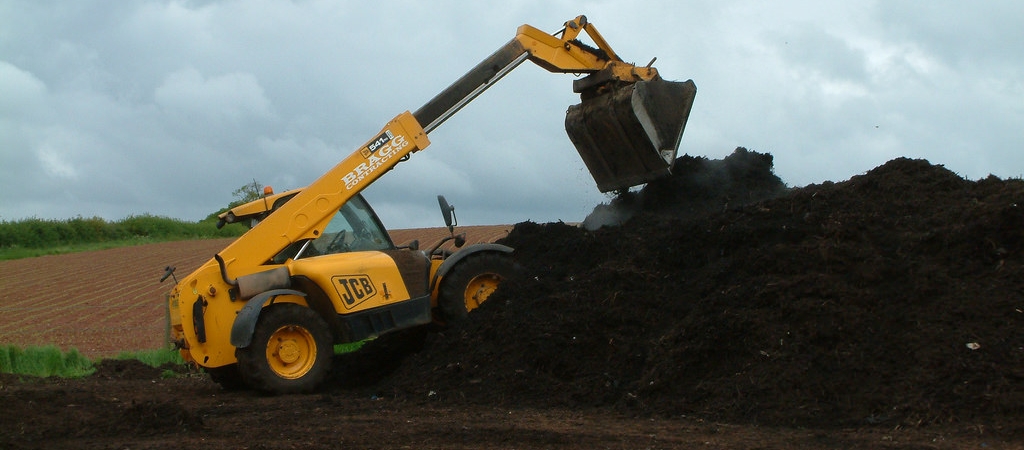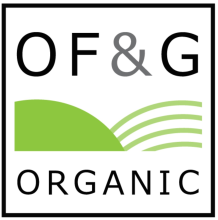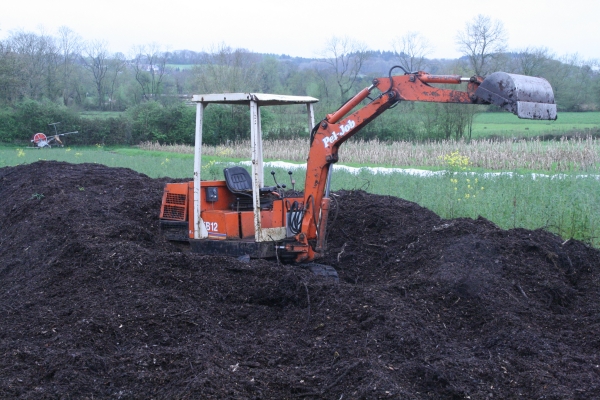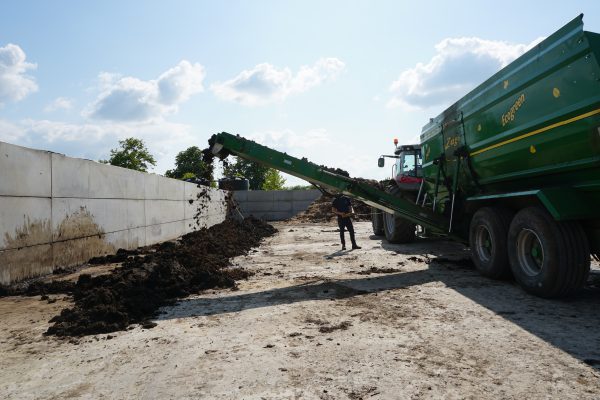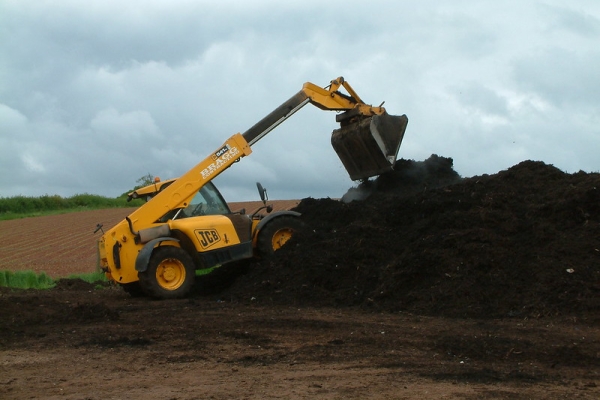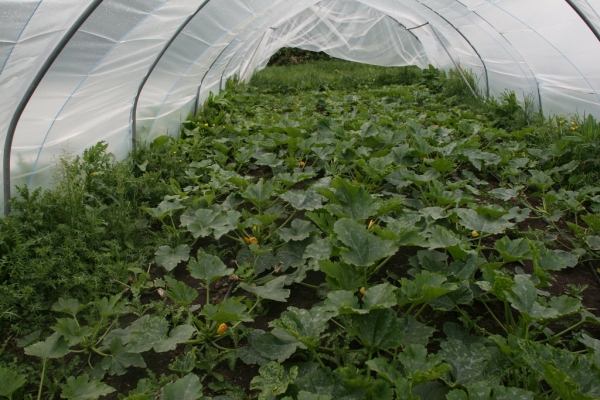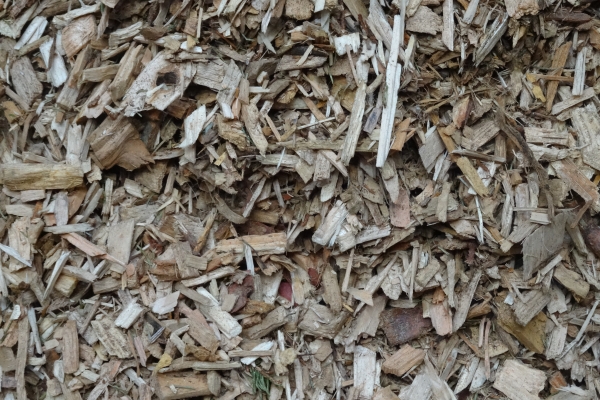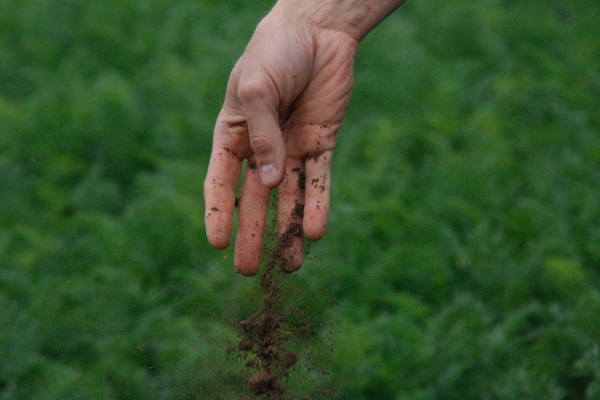The Use of Compost and Digestate on Organic/Converting Land
Technical Leaflet 129
Resource explained
This technical leaflet by certification body OF&G outlines the regulations for using compost and digestate on organic land. It describes the ways compost and digestate can be used. The leaflet also refers to the correlation between plant nutrient levels and input material, and factors that determine whether or not compost or digestate can be used on registered land.
It covers how you can obtain approval to use green waste and compost and digestate from food waste, outlining EU organic regulations. It emphasises the importance of inputs being source separated, and of composting and anaerobic digestion taking place within closed vessels. It includes a table outlining regulations for Potentially Toxic Elements (PTE) concentration limits for household waste and PAS100 and PAS110 Certification Schemes and green waste. It outlines slurry and animal manure use regulations and what to do if you want to apply compost or digestate that includes input from source separated household waste.
Findings & recommendations
- Compost can increase soil organic matter content, help retain moisture, and provide slow release nutrients to crops.
- Plant nutrients found in digestate are more available than those found in compost and raw slurry.
- Plant nutrient levels in compost and digestate are dependent on the input material. The input material largely determines whether or not compost or digestate can be used on your land. You need to consider the heavy metal concentrations found in the finished material and ensure that the material has been certified to PAS 100 (Compost Certification Scheme) / PAS 110 (Biofertiliser Certification Scheme).
- You can use green waste compost on certified organic land if the heavy metal concentration levels do not exceed those listed in PAS 100.
- Current EU Organic Regulation only allows inputs of food waste from household waste, and does not allow inputs such as abattoir waste or slurries from animals fed GM feeds.
- Fermented or composted household waste use will only be approved if the material is derived from source separated household waste and has been certified to PAS 100 or PAS 110.
- This leaflet directs you to where you can find more details on the Compost Certification and Biofertiliser Certification schemes.
NOTE: This leaflet is freely available to download from the OF&G website.
